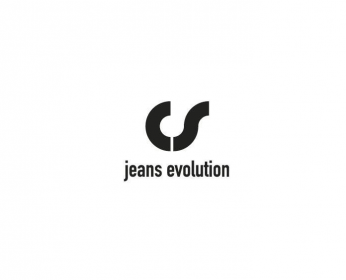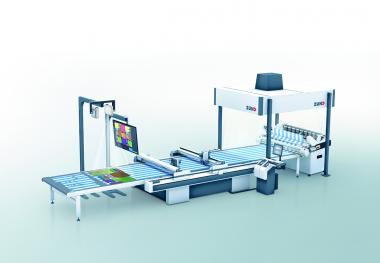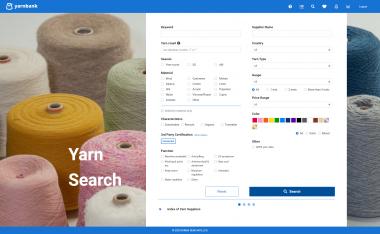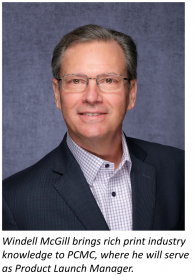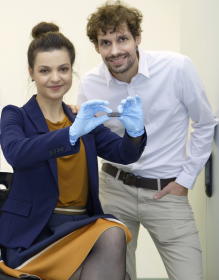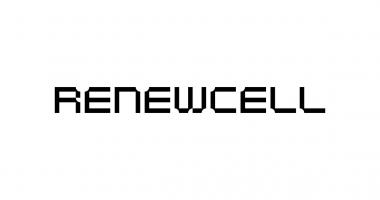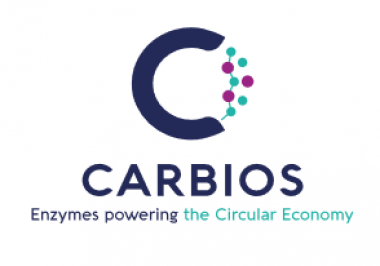C&S becomes co-owner of the brand Siviglia
After the recent acquisition of Texo S.R.L. which has strengthened the company's presence in the luxury segment, C&S takes a further step forward in the creation of a widespread garment manufacturing hub in the heart of Italy. C&S takes ownership of the Seville brand together with the Bianchetti family, who remain co-owners covering mainly style research and development functions. The Italian style, which amounts to an aesthetic identity and a guarantee of artisan quality, a cultural orientation toward manufacturing excellence and product design, finally to an approach to the market characterized by availability, openness and interaction with the customer.
This acquisition strengthens C&S direct contact with retail, going alongside HAIKURE, PDF and other brands still being finalized, and will be able to generate a profitable exchange with the Style Services Luxe and Style Services Denim divisions, through which C&S stands out as an exceptional partner for all the brands that choose to rely on its experience in the world of jeans, luxury and formalwear.
High quality and Made in Italy trousers, but there is more, the brand Siviglia from the Marche region brings to C&S a wealth of tailoring skills and product construction. Born in Marotta (PU) in 2006 from the Bianchetti family, Siviglia is a reality that has experienced rapid commercial success since its entry into the market thanks to the intuition of the iconic trousers with fabric inserts at mid-thigh inspired by the Spanish horsemen, hence the name that recalls the Andalusian capital.
The success of Siviglia is built on coats, trousers and jeans characterized by fit and linear style, thanks to the continuous research on the product, on the fabrics and on the emerging trends, in a personal reinterpretation of the codes of elegance. The corporate style permeates not only the choice of materials and accessories, but is distinguished by the packaging components and the use of visual and communicative languages in line with the brand identity. By interpreting the contemporary and foreseeing the future needs of a constantly evolving market, Siviglia aims to provide its customers with the best in the broadest sense, including among its qualitative goals the reduction of the environmental impact of productions and materials used.
Menabò Group srl


